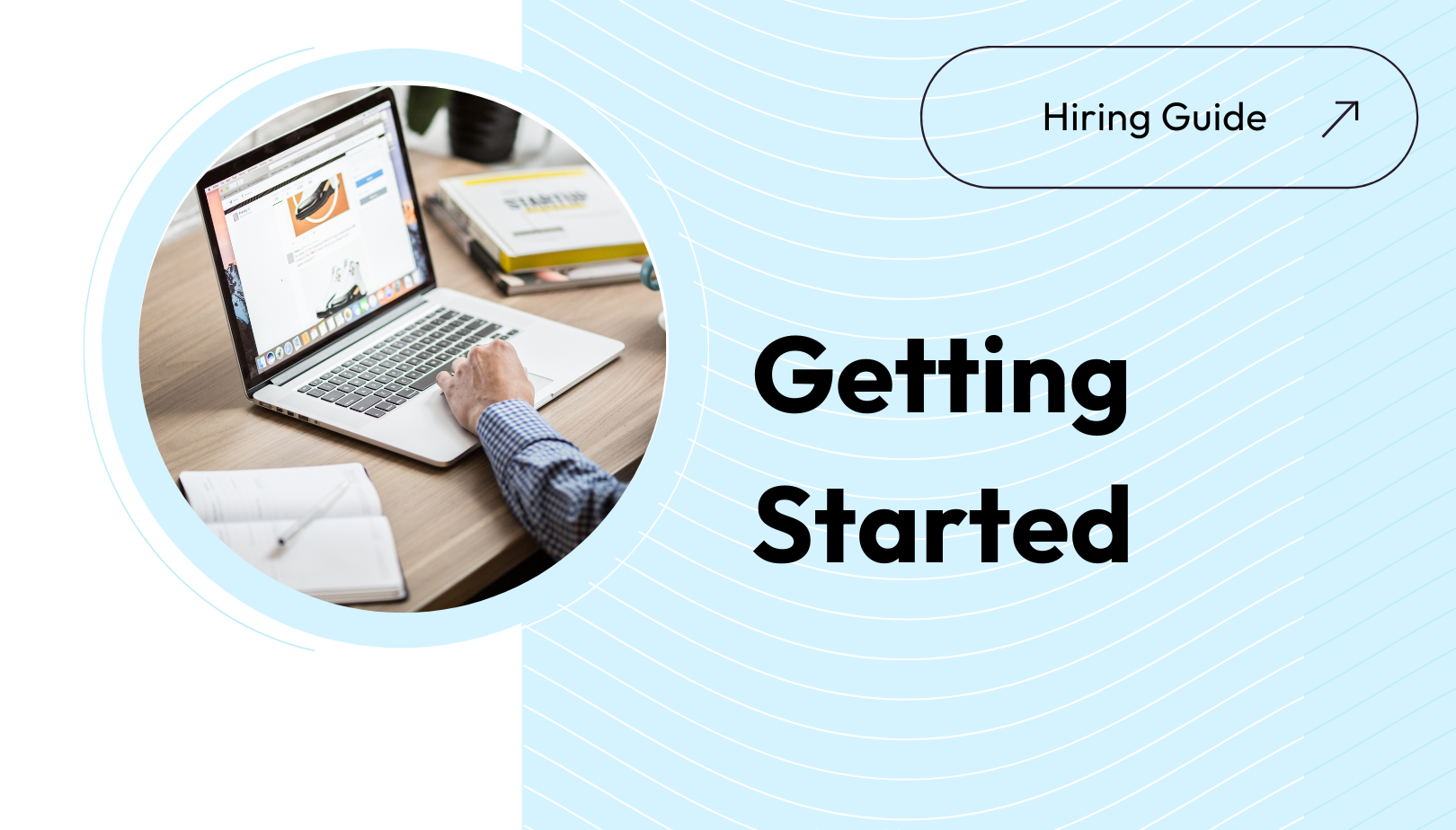
So, you’re ready to start hiring for technical roles - congrats! We prepared this guide to help our clients, especially smaller companies and startups, navigate the hiring process.
If you have a hiring process in place, or generally know how you want to run your interviews, that’s great! But if you’re starting from scratch, or have had frustrating experiences while hiring - you may want to check out some of our tips for getting started.
1. Be honest with your skills and those of your current team
Startups face different challenges when it comes to hiring, and the first step is often to take an assessment of your current skills. What are your team’s strengths and weaknesses? Which skills would take your business to the next level?
2. Determine the level of hire you’re looking for
After you’ve taken stock of your own abilities, you’re ready to determine the level of hire you’re seeking (for example, a junior, senior, or leadership candidate). If the team expects to oversee the work, then a smaller budget can be allotted to finding a more junior engineer, for example.
Leveling is often less defined in a young company, so take some time to really determine the title that makes sense for this role. What level accurately reflects the duties? Do you plan on hiring a manager for this person within the next year? Does the title of this role leave the employee room to grow?
3. Write an interview plan.
Outline your interview loop. This is helpful in keeping you and your team on track as you start to review resumes, meet candidates, and track interviews. Ask yourself questions like:
1. Where are the places we want to advertise this role?
2. Where do we want to store the resumes we receive, and how does our team want to review them?
3. What’s our minimum and maximum compensation for the role?
4. What’s our timeline for hiring – when’s the date we ideally want to have someone in this role by?
5. What are the steps we want incorporated into the interview process – how many interviews, and how long should they be?
6. What are the technical skills you need to test for? Will you send a take-home exercise or hold a live technical interview?
7. Which members of the team should this candidate meet with?
4. Set up your communication for success and seek feedback from all your interviewers at the same time
Keep the process moving as quickly as possible by seeking feedback from interviewers at the same time. For example – let’s say three people on your team are meeting with a candidate for an hour in a final stage interview. Can you also block 15 minutes off on your calendars after that meeting to compare notes?
If meeting isn’t always an option, set up a system that works for your team. For example, at Recruiting from Scratch, we set up dedicated Slack channels with our clients so they can quickly share candidate and interview feedback with us and see what others have had to say about the same candidates.
5. Always start with asking your network for referrals and recommendations
Even though you’ll want to talk to people outside your immediate circle in order to find the best candidate, we always recommend reaching out to trusted people from your network if you’re hiring. If you have people you’ve worked with before at another company or in another capacity who you think could be right for a new role, jot down their names. Send them a quick message (LinkedIn, email or text all work fine) letting them know you’re growing your team and see if they’re interested in catching up. No need to send them a link to a job description, or tell them you’re hiring - it’s fine to keep it more casual.
Remember, even if they aren’t ultimately the right fit, they may know someone who is!
6. Stick to your hiring plan throughout the process
Think back to that hiring plan you wrote earlier on in the process. Try to stick to it throughout the process! Pivots happen all the time and a business’s needs can change quickly, but your hiring plan can change with it. Remember, hiring is a process – and finding the right candidates takes time. But with a solid plan in place, that process can become a lot easier and more headache-free.
A note on how agencies fit into this process
While working with an agency isn’t the right fit for every company in every scenario, it’s a myth that recruiting agencies aren’t ever right for startups. For many of the cofounders and companies we work with, it’s unrealistic for them to spend a significant amount of their time sourcing, screening, and interviewing, especially if they’re fundraising, building the product, or leading sales. Learn more about the myths of working with a recruiting agency in our post here.
Let our team help you get where you need to be.